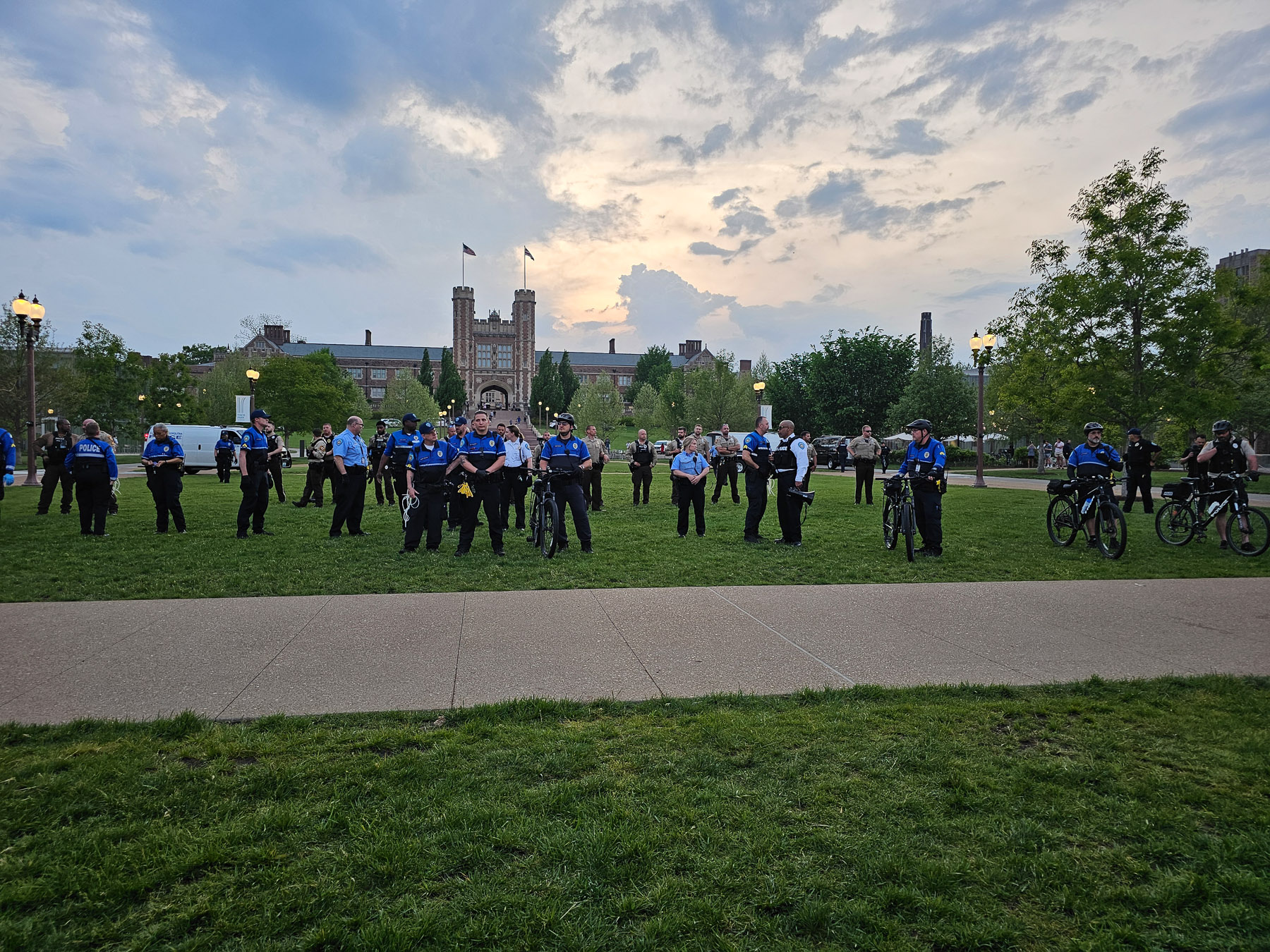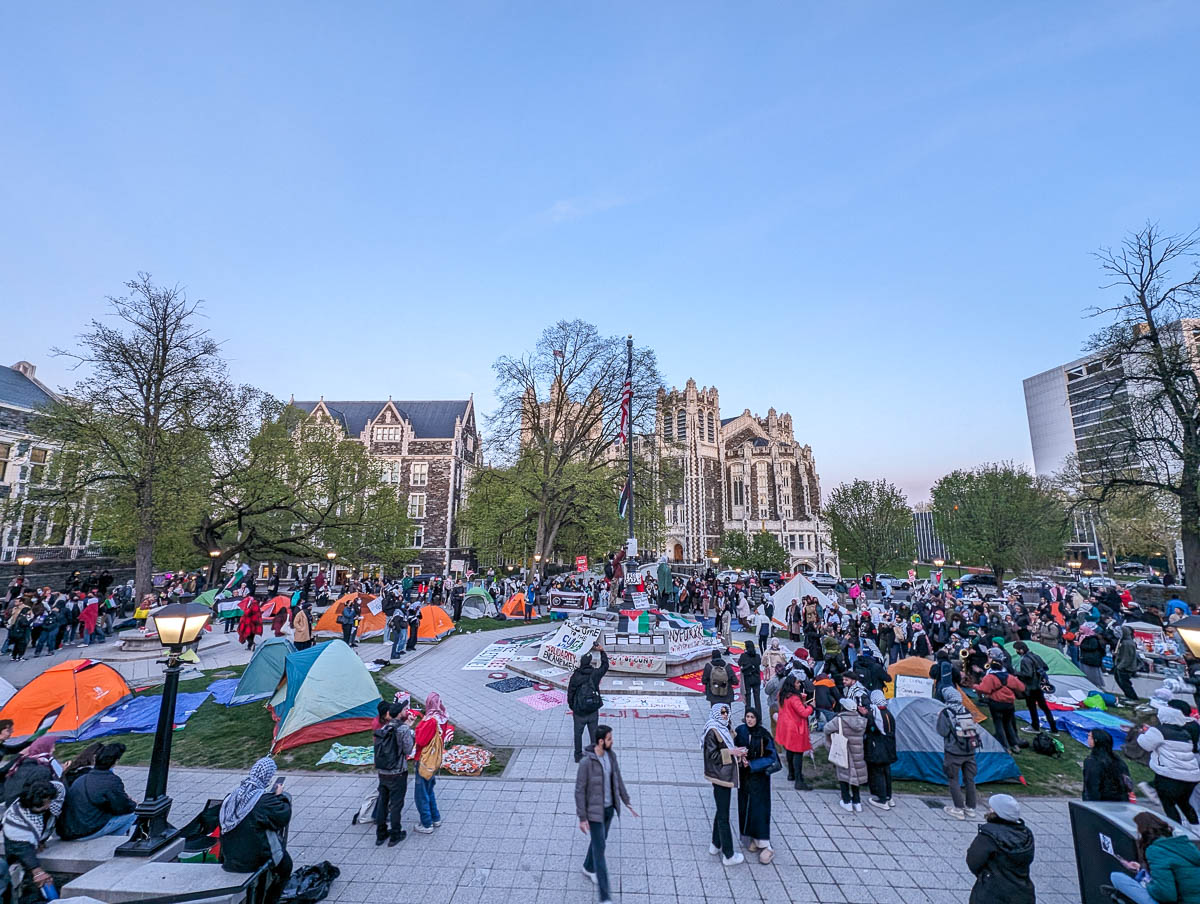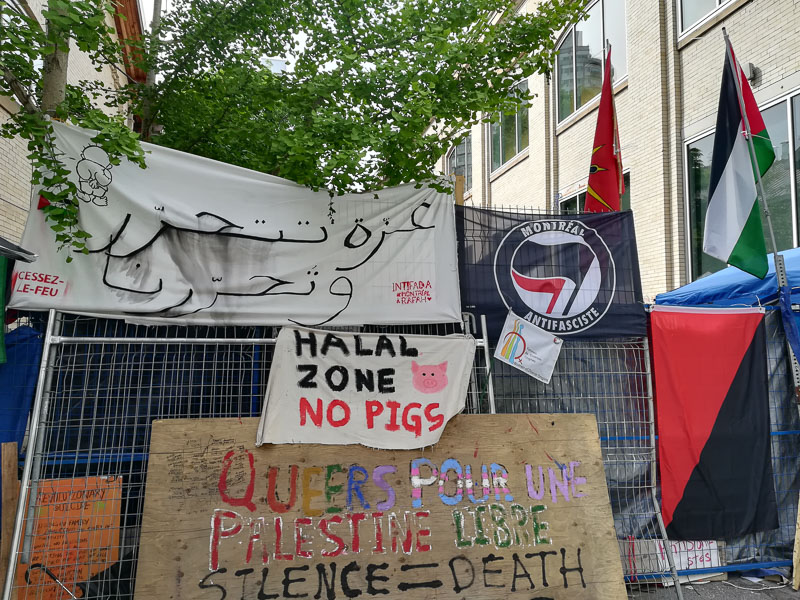
Pro-Palestine Struggle in Canada and Backlashes: Militant Ethnographic Reflections on the Al Aqsa Popular University Encampment
- Campus Protests
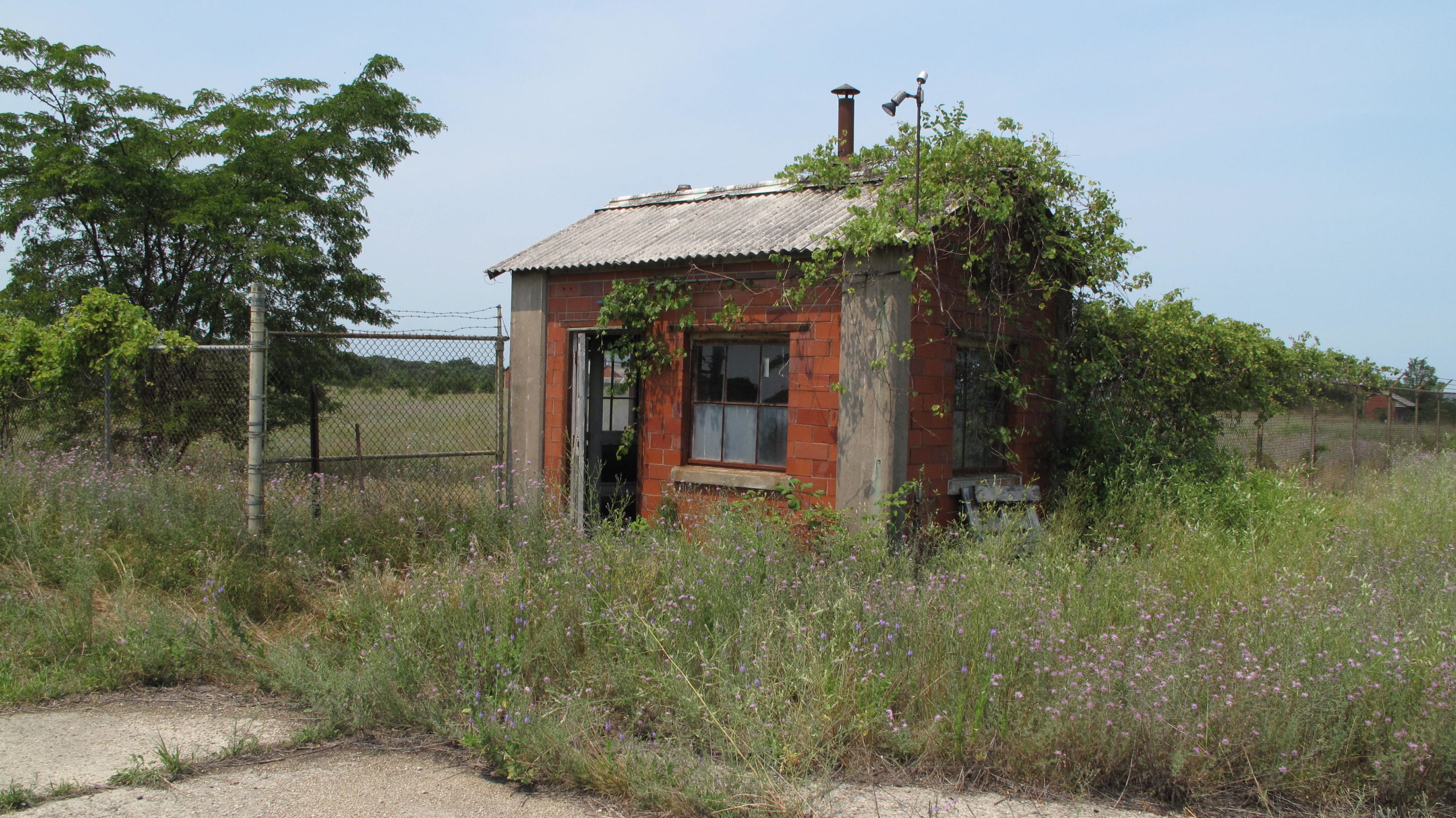
“Well, We’re Still Waiting…”: The Prolonged Crisis of Military Facility Closures
- Communities in Crisis Series
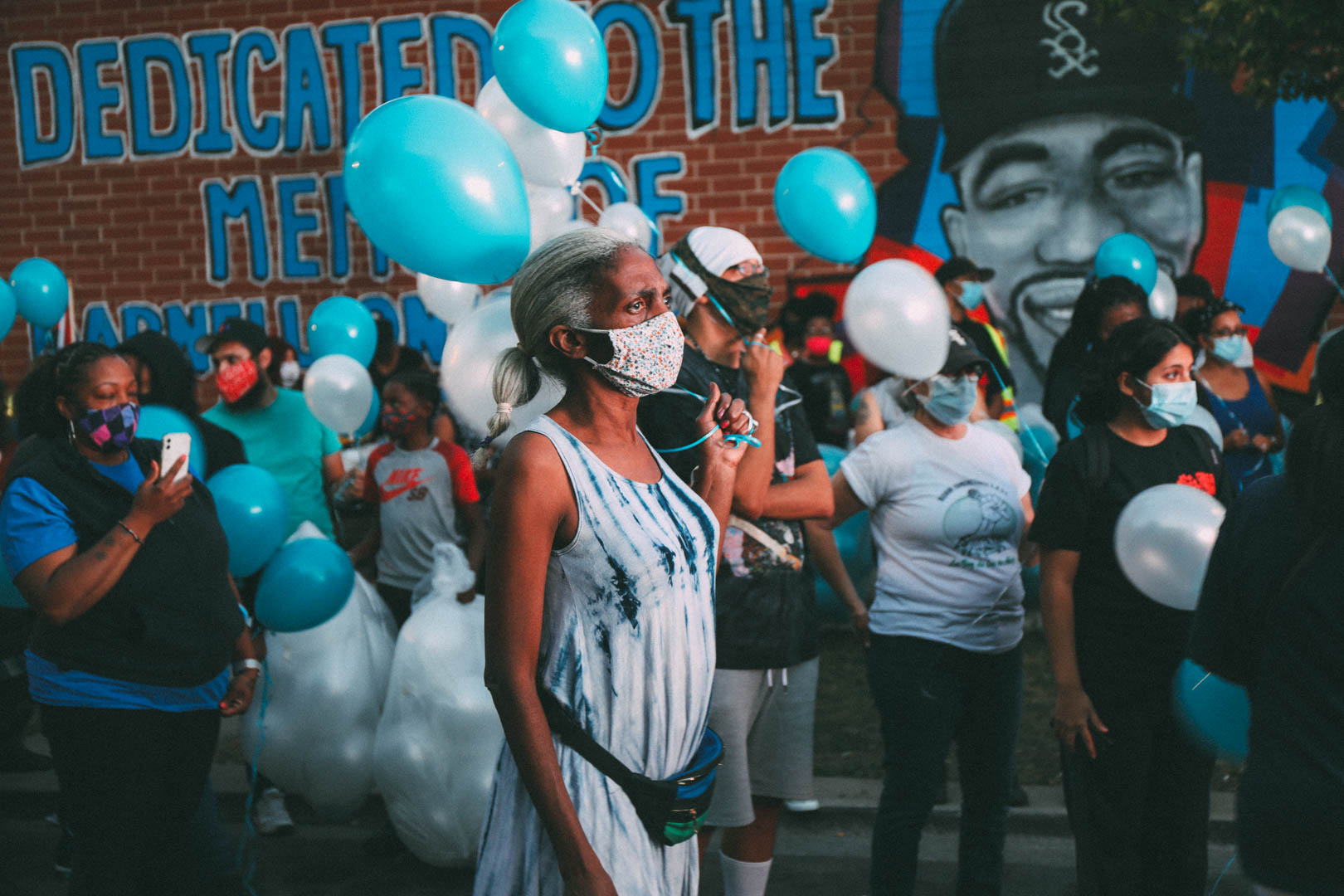
“Revofev/The road from Chicago to #decolonizezhigaagoong*”
- Communities in Crisis Series

What Happened in Georgia? On Suburbs and Other Anthropological Blind Spots
- Engagements
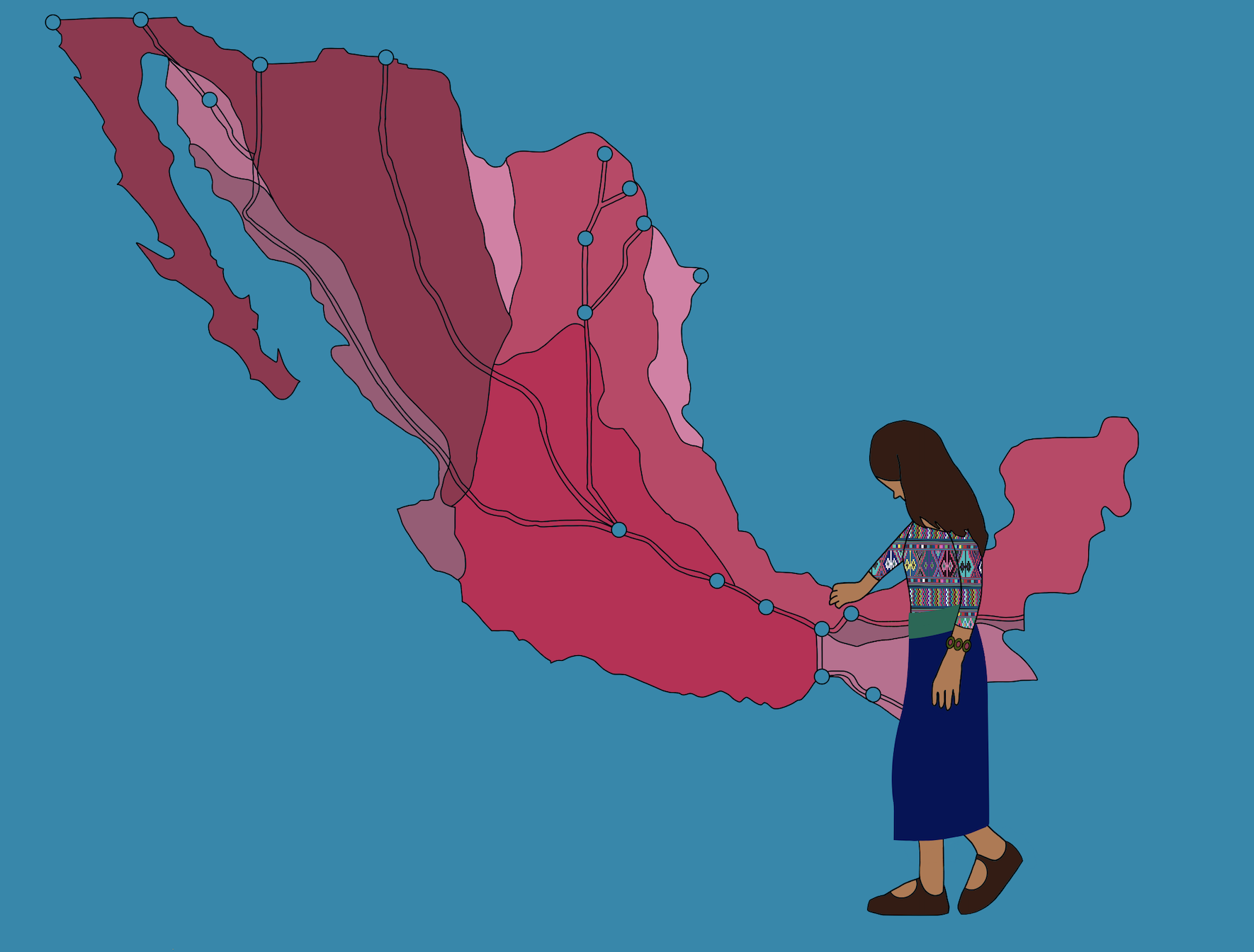
Anthropologists Call on the Biden Administration to Cease the Separation of Im/migrant Families and the Detention of Children
- Engagements

Stories on the Edge of the Sea
- A/V Essays
Home/ Field – An online space for anthropological engagements with North America
A project of the Society for the Anthropology of North America
Call for Applications: 2026 Home/Field Editorial Board
About us: Home/Field is a space for ethnographers of North America to contend with pressing issues through an anthropological lens, and to explore what anthropology as a discipline — methodology, theory, ethics, and more — can contribute to the imagination and enactment of a more just world. Home/Field is a project of the Society for the Anthropology of North America. We publish short-form, public-facing work that exists in parallel to the long-form peer-reviewed work found in the Journal for the Anthropology of North America.
Why join us? Editors work in a collaborative team to publish timely, accessible pieces on our web platform. As an editor you will have the opportunity to solicit, edit, and publish pieces within and outside of your area of expertise, develop special theme-based calls for content, and contribute to the governance of this new publishing medium. We are a collegial group that welcomes graduate students, early career scholars, and faculty within and beyond anthropology.
Commitments & expectations: As an editor of Home/Field, you commit to serving for a one year term (e.g. Spring 2026-Fall 2026), attending monthly editorial team meetings, communicating on Slack, soliciting new content, and serving as the editor or supporting editor on submissions to the site. The time commitment will depend on your role in the editorial process and we welcome any queries therein.
To apply: Send a short letter of interest (200-500 words) that outlines how you envision contributing to Home/Field and any prior editorial experience, as well as your CV to homefieldsubmission@gmail.com by December 31, 2025.
